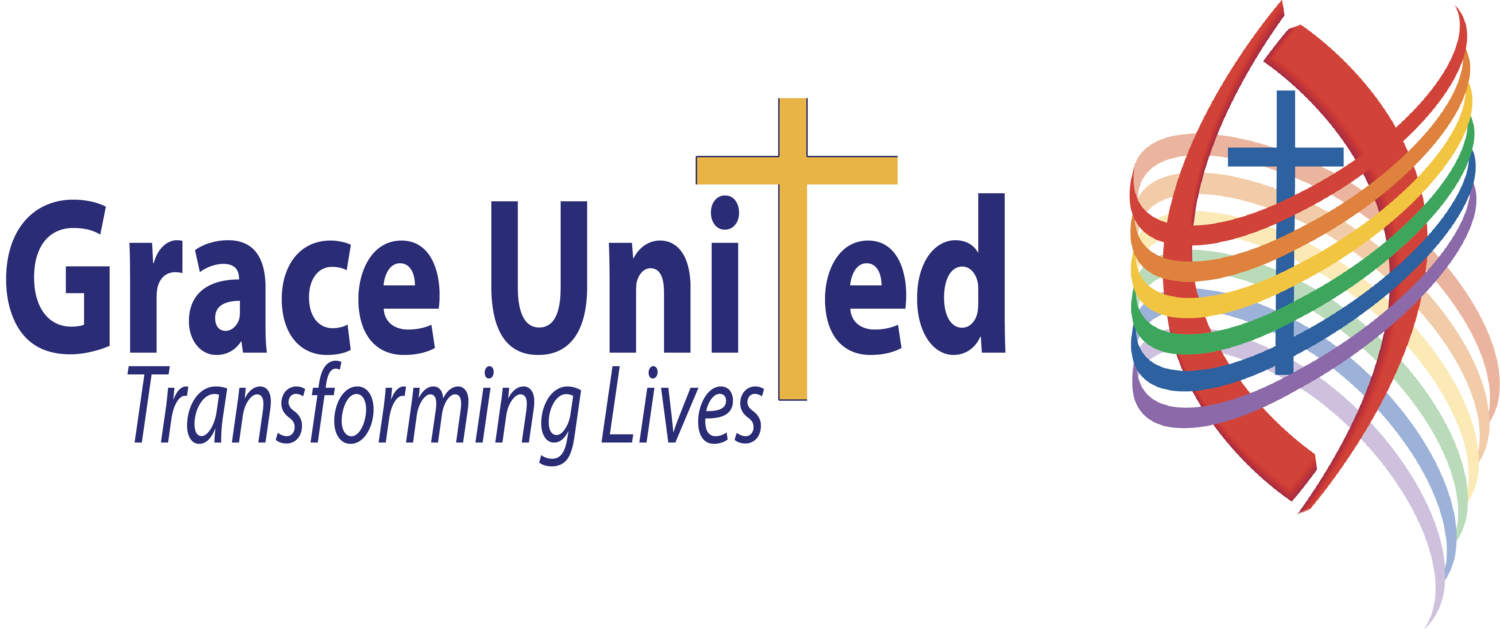Guaranteed Livable Income/Basic Income
Background
In the work that we do in the community, we see people affected by food insecurity, lack of affordable housing and lack of income that forces gut-wrenching choices among shelter, food, lights, medication or warm clothing. By our support of food banks, shelters and other necessities, we have been dealing with some of the immediate needs but we need to stem the flow of people into poverty and help lift people out. We are all too aware that many people are one event (car repairs, sickness, reduced job hours, divorce, etc.) away from poverty.
We know that policy decisions have an impact on poverty. We have seen the success of old age pensions (OAS) and the guaranteed income supplement (GIS) in dropping the numbers of seniors experiencing poverty. When the federal government introduced the Canada Child Tax Benefit, we saw a lessening of demand of families with children at our food banks. With supports at the beginning of the pandemic, some of the financial stresses were eased.
The United Church of Canada has supported the concept of guaranteed livable income or basic income for many decades (click here for link to more information). A guaranteed livable income would cover the basic need of food, shelter, clothing, transportation and community participation and would be paid to families or individuals by government. There are a number of ways to design it and the United Church does not endorse a specific design. More background information can be found by clicking here. In October 2000, Grace wrote to the Prime Minister and Deputy Prime Minister/Minister of Finance in support of a guaranteed livable income program. (click here to see letter)
The Nova Scotia Action Coalition for Community Well-Being offers additional information on poverty and policy decisions for Nova Scotia.
Join Our Letter Writing Campaign in Support of Bill S-233
An Act to develop a national framework for guaranteed livable basic income (Bill S-233) is currently before the Senate. As of March 2024, it was at Committee stage. If it passes Committee stage and third reading in the Senate, it goes to the House of Commons as long as the current session of Parliament remains in place. More information can be found on this bill by clicking here.
The Committee Stage is a critical stage as that will determine what kind of bill, if any, will go forward to the Senate for third reading. The Bill is being examined by the Standing Committee on National Finance. The previous Chair Senator Mockler, a supporter of the bill, is retired on April 14 and was replaced by another Conservative Chair. Procedurally, it is possible that the opponents of the bill can delay the bill so that it dies on the order paper. People are being asked to write or e-mail the Senators to indicate their support for the bill and the impact it could have. Writing to a Senator does not require postage; the form of the address is
Name of senator
the Senate of Canada
Ottawa, ON K1A 0A4
Grace has sent an e-mail in support of this. You can send your own e-mail or letter. To help you we have prepared one that you can use or edit. Click here to download a letter for an e-mail click here.
The following are members of the Standing Committee on National Finance by clicking on their names you can send an e-mail.
Senator Claude Carignan (QC), chair
Senator Eric Forest (QC)
Senator Pierre Dalphond (QC)
Senator Rosa Galvez (QC)
Senator Joan Kingston (NB)
Senator Tony Loffreda (QC)
Senator Jane MacAdam (PEI)
Senator Elizabeth Marshall (NL)
Senator Krista Ross (NB)
Senator Larry Smith (QC)
United Church East Campaign
Advocacy for a guaranteed annual income/basic income in Atlantic Canada has resulted in numerous letters and resolutions calling for basic income, including the PEI Legislation and City Councils of Halifax, Fredericton, Moncton and St. John’s. Response from the federal government has been lacklustre so another campaign was launched in late November 2022 to educate all levels of government that a plurality of citizens in Atlantic Canada want basic income and to call upon the Government of Canada to respond.
Week 1: Write to your local councillor. For the Halifax Regional Municipality, we write to thank them for supporting guaranteed annual income. If you live in an area where the council has not supported it, ask them to join with other to do so. Click here to fill out a form to email your mayor or councillor.
Week 2: Write your MLA (or MHA in Newfoundland and Labrador) asking them to join the multiparty example from P.E.I. in advocating for Basic Income and engage directly with their federal counterparts. Information on contacting a Nova Scotia MLA can be found by clicking here.
Week 3: Write your MP and ask they finally give Atlantic Canadians a response. Information on contacting MPs can he found by clicking here.
Bermuda and Nova Scotia Region (Formerly Region 15) has a webpage that provides some additional link to resources including letter templates. Click here to link to it. For downloadable letter writing templates click here.
